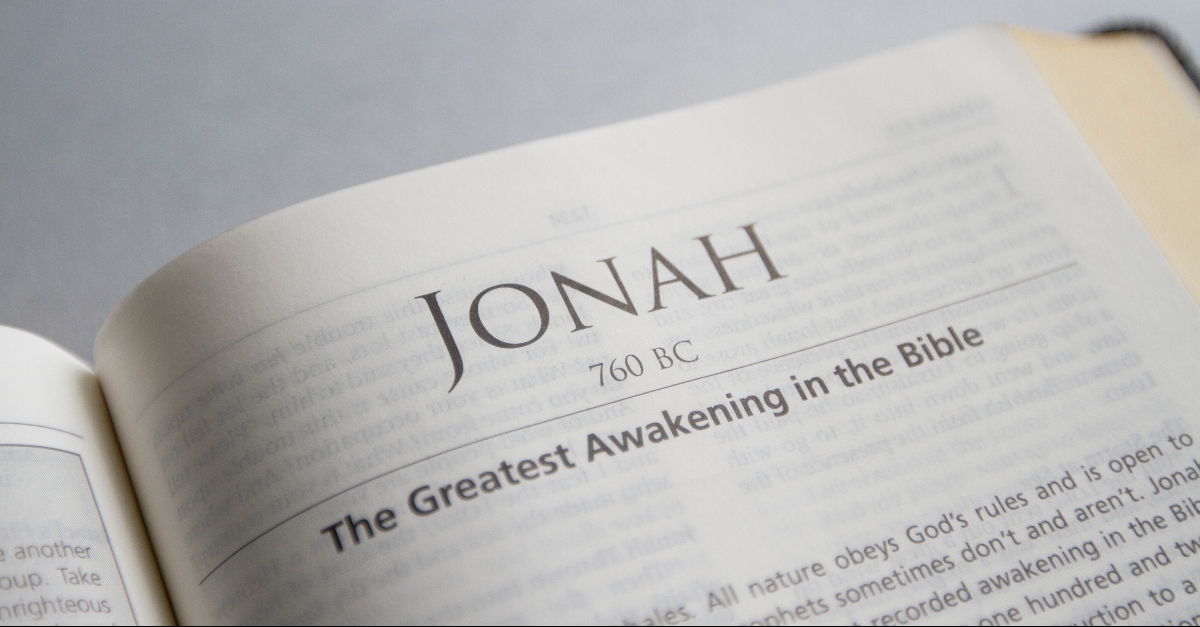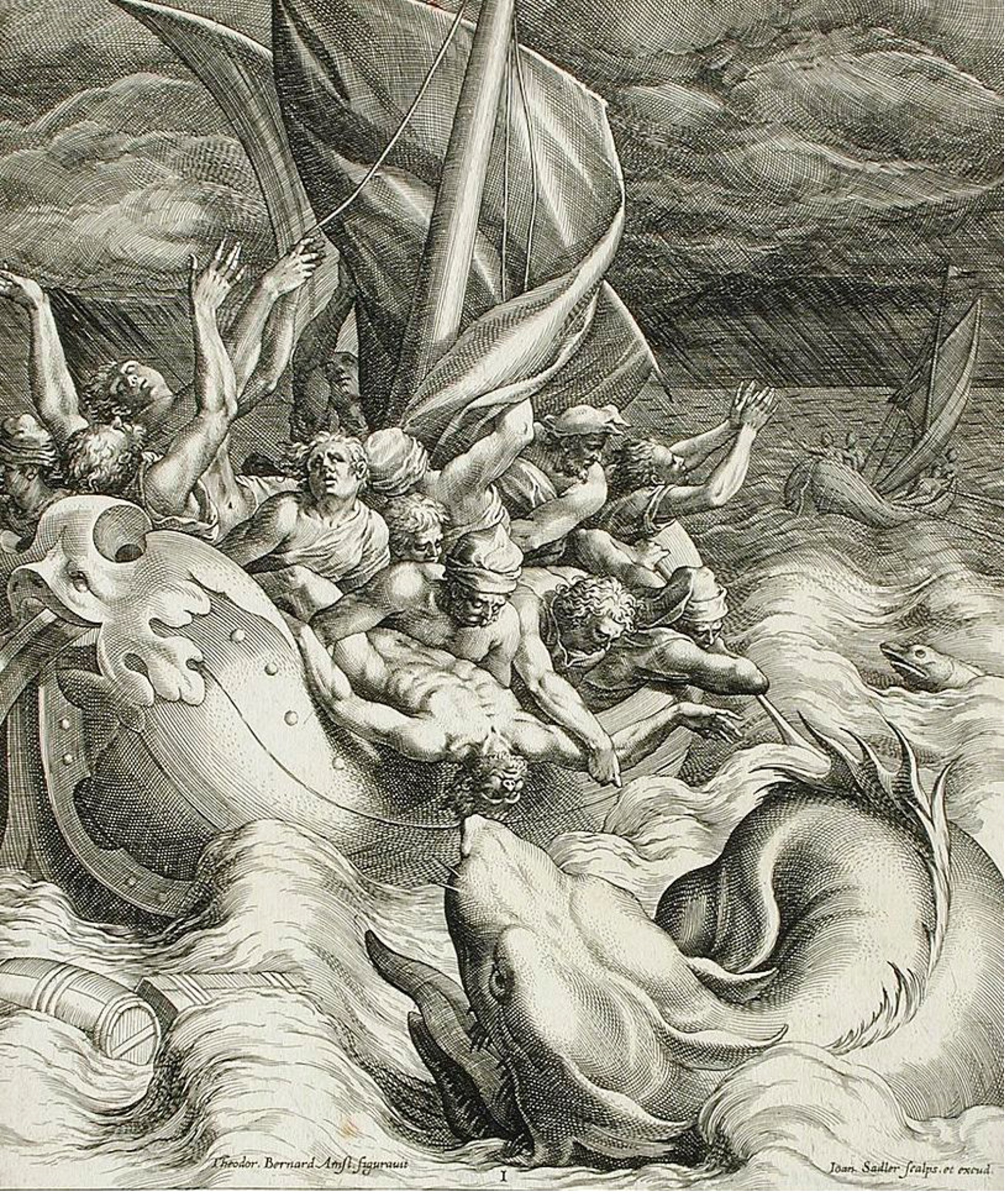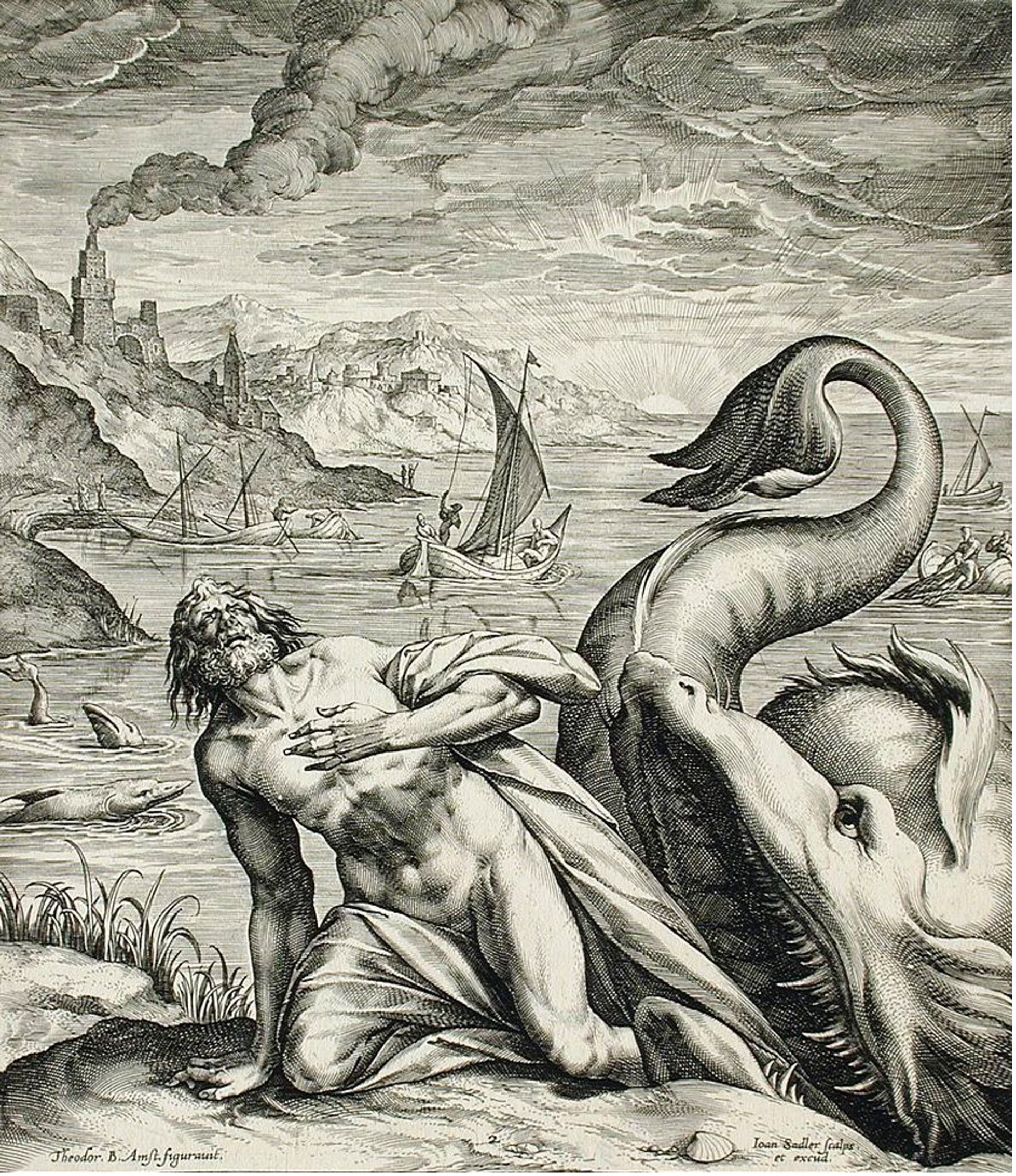
The Book of Jonah has two primary lessons and they are both about relationships.
The first lesson from Jonah is simple and straightforward: you cannot outrun God. You cannot hide, you cannot refuse to obey. This is the lesson most remembered. But the second is like unto it and, though hardly remembered, is equally instructive and important.
The Book of Jonah And The First Lesson:
Briefly, God commanded Jonah to preach a warning to Nineveh of impending judgement and destruction, and in so doing persuade the inhabitants to change their evil ways, relent, and not be destroyed. Jonah, hateful of the vile Ninevites, wanted them destroyed, contrary to God’s desire. Jonah wasn’t going to win this battle, so his solution was to flee from God.
He flees by booking passage on a ship heading 2,500 miles away. However, “…the Lord sent out a great wind on the sea, and there was a mighty tempest on the sea, so that the ship was about to be broken up” (Jonah 1:4). To save the ship, the sailors threw Jonah into the sea (at Jonah’s request), for the sailors knew that the tempest was God’s response to Jonah’s actions.
Jonah is swallowed by a great fish which saves him from drowning and which “vomits” him onto dry land. He is again commanded by God to go to Nineveh with the message of repentance. He goes, delivers the message, the people give up their evil ways, God relents, and the city does not perish. Jonah, still clinging to his hatred of Nineveh, is so angry at God that he wished he were dead.
The last words in the book of Jonah are from God and express His compassion for even the worst of the worst, and these words should be a comfort to us as well, we who are often clueless about our evil ways and God’s forgiving goodness.
“And should I not have concern for the great city of Nineveh, in which there are more than a hundred and twenty thousand people who cannot tell their right hand from their left—and also many animals?” Jonah 4:11
End of story, and end of our first lesson, our relationship with God


“Jonah Thrown to the Whale” by Johannes Sadeler I, circa 1582
“Jonah Spat up by the Whale” by Johannes Sadeler I, circa 1582
The Second Lesson From The Book Of Jonah
Sandwiched between the beginning and end of the story is the often overlooked event of ditching Jonah into the sea to save the ship and the lives of the sailors. Like the first lesson, it is simple and straightforward: there are some people (and activities, habits, desires, etc.) that must be thrown overboard from our lives if we are not to perish. Jonah had to go, and the lesson for us is to search our souls and decide who or what must go from our lives, who or what must we turn away from to preserve our relationship with God.
To be fair to Jonah, he had many reasons not want to go to Nineveh, besides his hatred of the Ninehites. It was far, the route was dangerous, and, as a hated Jew, he feared for his life. But God’s command trumped all the others.
So, what of the Jonahs in our lives? “This is important to understand: it’s not your job to save Jonah, it’s God’s job. God cares about the Jonah in your life, but there comes a time that Jonah can no longer stay in your boat.”(a)
End of the second lesson, our relationship with others.
Summary
You can’t hide from God whose mercy extends far beyond ours, and you must identify and jettison the Jonahs in your life to preserve your relationship with your God.
(a) For more details and the source of the above quotation, please see A Hard Lesson from Jonah—the Man Who Ran by Frank Santora.
The image above on the left is “Jonah Thrown to the Whale” by Johannes Sadeler I, circa 1582.
The image above on the right is “Jonah Spat up by the Whale” by Johannes Sadeler I, circa 1582.
